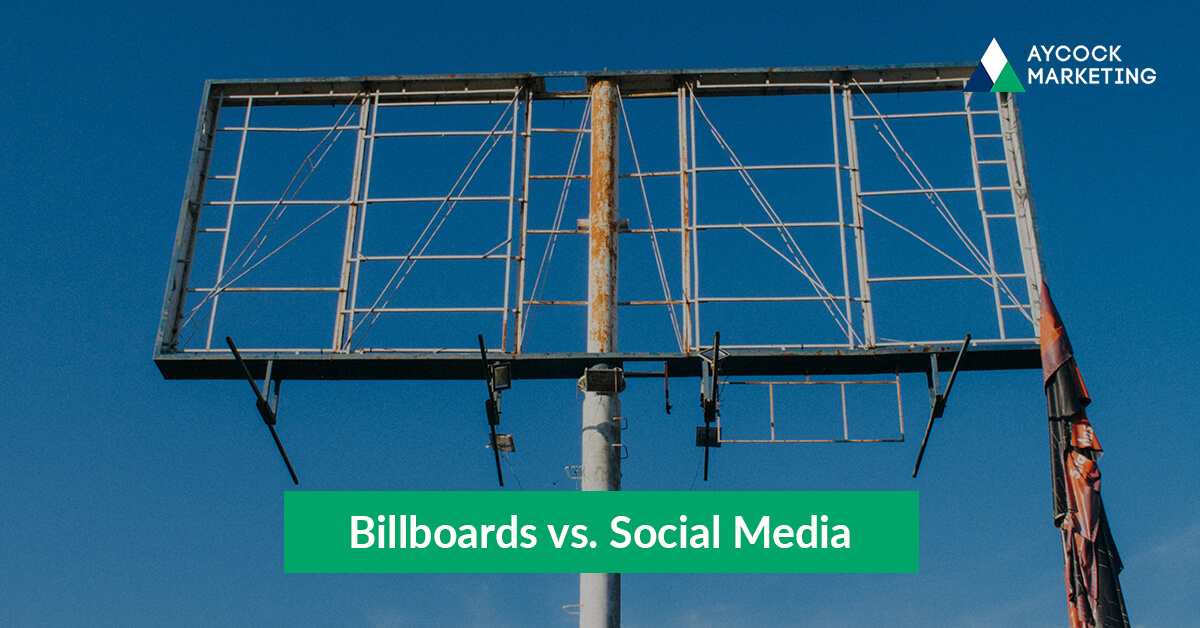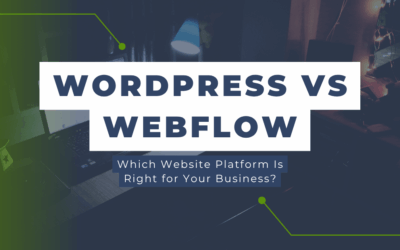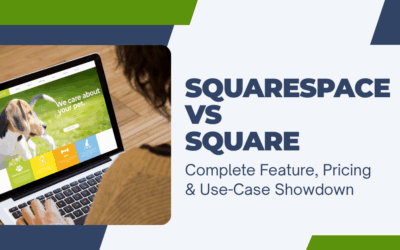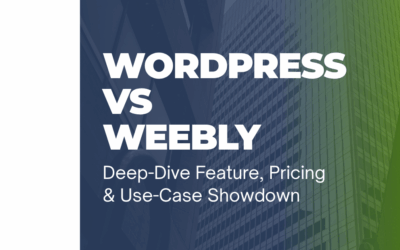Which is better? Billboards or Social Media? In this article, we’ll talk specifically about how billboards compared to Facebook Advertising.
Targeting & Audiences with Billboards & Social Media
Billboards: You’re limited to targeting the people that drive by the sign – not a specific demographic. This means you’re paying to advertise toward anyone who passes the sign, but no one else. A lot of people who pass your sign may be children who don’t pay attention or care. While other adults will be looking at their phones while driving with only a few seconds to comprehend what you have on the sign (if they look). This forces you to try and make an ad that will work for “the general public” which is known in the industry to give you poorer results.
The reach of billboards depends on various factors, including their location, size, and visibility. Billboards that are located in high-traffic areas, such as along major highways or in busy city centers, have the potential to be seen by a large number of people. The size of the billboard also plays a role in its reach; larger billboards are generally more visible and can be seen from farther away.
One of the critical advantages of billboards is their physical location. Because they are situated in specific places, they can target a particular audience. For example, a billboard advertising a local restaurant would be more effective if the billboard were placed near the restaurant itself or in an area with a high concentration of potential customers.
However, the reach of billboards is limited to their physical location. Unlike social media, which can be accessed from anywhere with an internet connection, billboards can only be seen by people who happen to be in their vicinity. This can be a disadvantage for businesses looking to reach a wider audience.
Social Media & Facebook Advertising: You can target people based on their age, gender, interests, online behavior, and location. This means you can make your ad speak directly to the type of person who is most likely to buy your product/service or visit your business. You have the certainty that you’re not spending money to advertise toward people who are not your ideal customer.
Social media platforms offer a vast global audience, with billions of users worldwide. This makes them a powerful tool for businesses looking to reach a broad audience and expand their customer base.
One of the primary advantages of social media is its ability to target specific demographics and interests. Many social media platforms offer advanced targeting options, such as location, age, gender, and interests, which allow businesses to fine-tune their ad campaigns to reach the right people. This can be particularly useful for companies that want to reach a specific audience, such as young people or individuals with a particular hobby or interest.
In addition to targeting options, social media offers many ways for businesses to expand their reach. For example, companies can use hashtags to make their content more discoverable to users interested in related topics. They can also use paid advertising to reach a wider audience or partner with influencers or other businesses to cross-promote their content.
Tracking Results from Billboards vs Social Media
Billboards: There is not a great way to track who saw your billboard or who engaged with it. The only options are these:
1) Add a big QR code on the billboard which takes them to your webpage or opens directions to get to your business,
2) Use a call-tracking system and set up a phone number specific to the billboard so you’ll know any calls you get from that phone number are ones that came from your billboard, and
3) Use an easy web address specific to the billboard, like yourcompany.com/free. If you don’t go the extra mile and try to set one of these 3 things up, you won’t know if your billboard was effective or not.
Facebook Ads: You can see how many people clicked your ad, how many people interacted/engaged with your ad, how many people saw your ad, how many times people saw your ad on average, and even track the amount of sales you got from people that saw your specific ad. If you can’t track what is working and what is NOT working, how will you know if you should stop spending money there or spend more money there? Facebook gives you fantastic data to know if your ads worked.
How Effective are Billboards vs Social Media
The conversion rate is the percentage of people who take a desired action, such as making a purchase or signing up for a newsletter, after seeing an advertisement. The effectiveness of an advertising medium can be measured by its conversion rate and its return on investment (ROI).
It can be difficult to directly compare the conversion rates and effectiveness of billboards and social media, as they are often used in different ways and for different purposes. However, there are some general trends that can be noted:
Billboards are often used for brand awareness and to drive traffic to a specific location, such as a store or event. They may not always lead to an immediate conversion, but they can be effective at building brand recognition and creating a lasting impression.
Social media, on the other hand, offers more opportunities for direct engagement and conversion. For example, businesses can use social media to promote special deals or discounts, or to direct users to an online store or landing page. This can make social media more effective at driving conversions in the short term.
In terms of ROI, social media can offer a higher return on investment for businesses that use it effectively. By targeting the right audience and creating engaging content, businesses can get more value out of their ad spend on social media than on traditional mediums like billboards.
How Do Billboards and Social Media Differ When it Comes to Flexibility and Adaptability?
Regarding flexibility and adaptability, social media offers several advantages over billboards.
One of the significant benefits of social media is its real-time nature. Businesses can quickly and easily update their social media campaigns in response to new developments or changes in their target audience. For example, suppose a business is running a social media ad campaign and discovers it is not performing as well as expected. In that case, it can quickly adjust the targeting, messaging, or budget to improve results.
In contrast, billboards are generally less flexible. Once a billboard has been produced and placed, making changes is difficult and expensive. This can be a disadvantage for businesses that want to quickly adjust their campaigns in response to changing circumstances or to test different messages.
Another advantage of social media is its ability to track and measure real-time results. Many social media platforms offer detailed analytics that allows companies to track the performance of their campaigns and make informed decisions about optimizing them. In contrast, tracking the effectiveness of a billboard campaign can be more challenging, as it relies on estimates of the number of people who have seen the billboard and the impact it has had on their behavior.
While both billboards and social media have unique advantages and disadvantages, social media is generally more flexible and adaptable due to its real-time nature and detailed analytics.
Engagement with Billboards and Social Media
Billboard: There is no way to interact with your customers (and potential customers) from your billboard. Maybe many, many years from now, they’ll have video billboards that allow you to be “live” on them and actually talk to people driving by. But even then, people will have to have their windows down, and it’d need to be really loud for people to hear. This doesn’t seem very practical. So basically, there is no way to engage with people who ask questions. Their questions remain in their head until their mind refocuses on the road, and then they’re likely to forget completely. The only engagements you’ll have with customers is if people call the number on your billboard.
Paid Social Media Campaigns: You can reply to comments and help customers (and potential customers) when they have questions instantly. You can also invite each person who engages with your ad to like & follow your Facebook Page. Branding has a lot to do with how people feel about your business – and there is no better way to form an opinion than interacting directly with the business.
Cost of Billboards vs Social Media Ads
The cost of billboard advertising can vary widely depending on several factors, including location, size, duration, and frequency. In general, billboards located in high-traffic areas and those larger tend to be more expensive. The duration and frequency of a billboard campaign can also impact the cost. For example, a long-term campaign with a high frequency of impressions will generally be more expensive than a short-term campaign with a low frequency.
On the other hand, social media advertising can be more cost-effective, particularly for small businesses. Many social media platforms offer a range of pricing options, including pay-per-click and pay-per-impression, which allow companies to control their ad spend. In addition, social media platforms provide various targeting options that can help businesses get the most out of their ad budget by reaching the right people.
However, it’s important to note that the cost of social media advertising can vary depending on the platform and the specific goals of a campaign. For example, a highly targeted campaign on a platform with a large user base may be more expensive than a more general campaign on a smaller platform.
Billboards: Cost between $1500 and $3000 in smaller towns and sometimes come with a 3-month minimum commitment.
Facebook Ads: Flexible on the length of campaigns – you can run ads for $5/day minimum (or ~$150/month)
Conclusion
Facebook is definitely a better option than renting a billboard. While it may be clear we lean heavily toward using Facebook over billboards, we do believe there is a time & place for billboards. That time is when you’ve maxed out your reach and effort on internet advertising and you still have money to play with. After that, it would be okay to go to billboards to sprinkle your brand around the town. But until then, your money is much better spent on Facebook ads and social media advertising. Need help setting up your Facebook ads? Click the button at the bottom of this post and schedule an appointment today!
